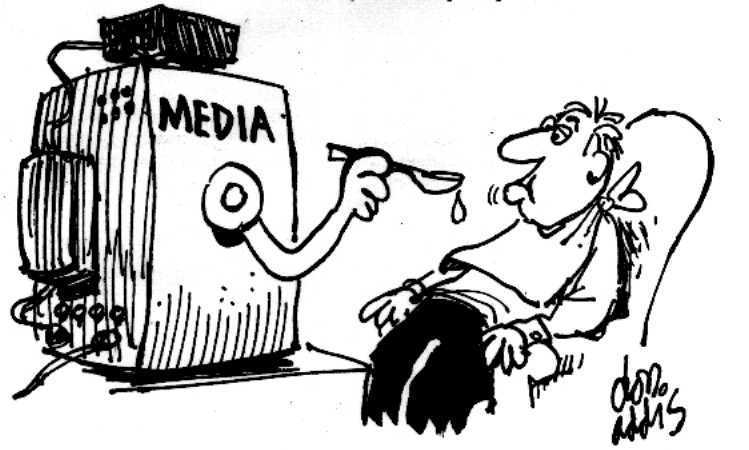In response to an article published in Times of India:ISI gave Rs 5 lakh to man who beheaded Indian soldier.

The Indian media continues its mad tirade against Pakistan. Their latest canard is a seemingly meticulous piece of intelligence work by the Indian Military Intelligence (MI). Under the photo of the unfortunate soldier who was found beheaded on the Indian side of the LOC is a detailed account of the planning on the Pakistani side that led to this atrocity. The culprit identified by MI is of course the ISI—their nemesis. Once you assume this the rest is easy –add ranks and names of the military personnel involved,give dates time and places where conferences were held,throw in an odd local civilian name and chart out a route from the Pakistani side to the site of the incident. Throw in a mention of cash flows and voila the intelligence report is complete.
















